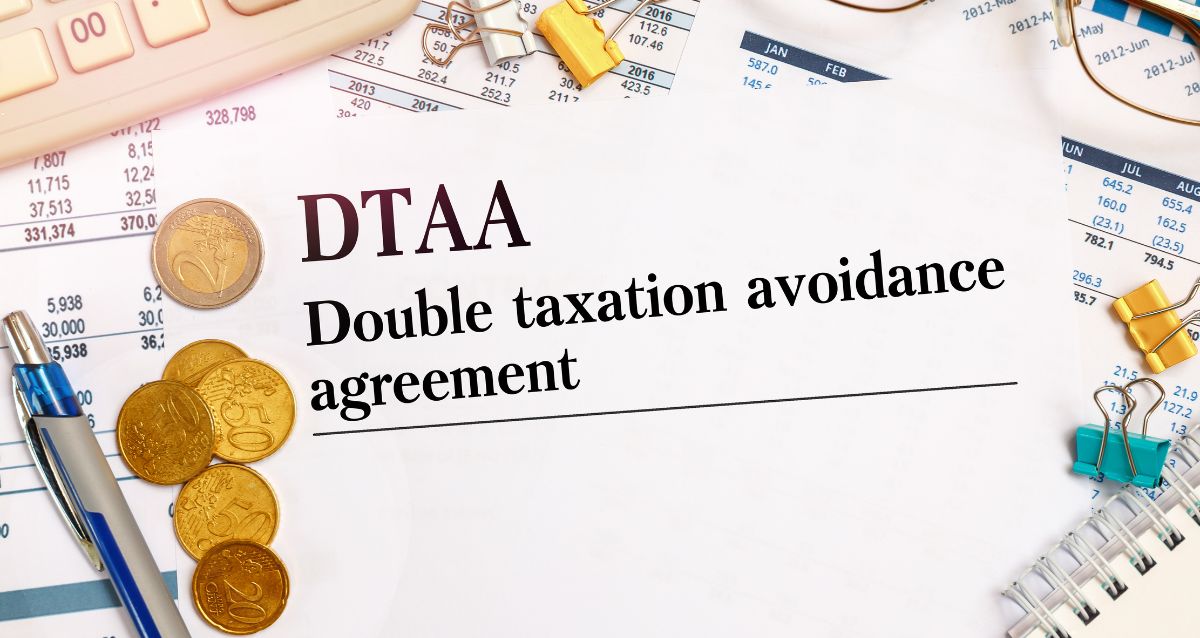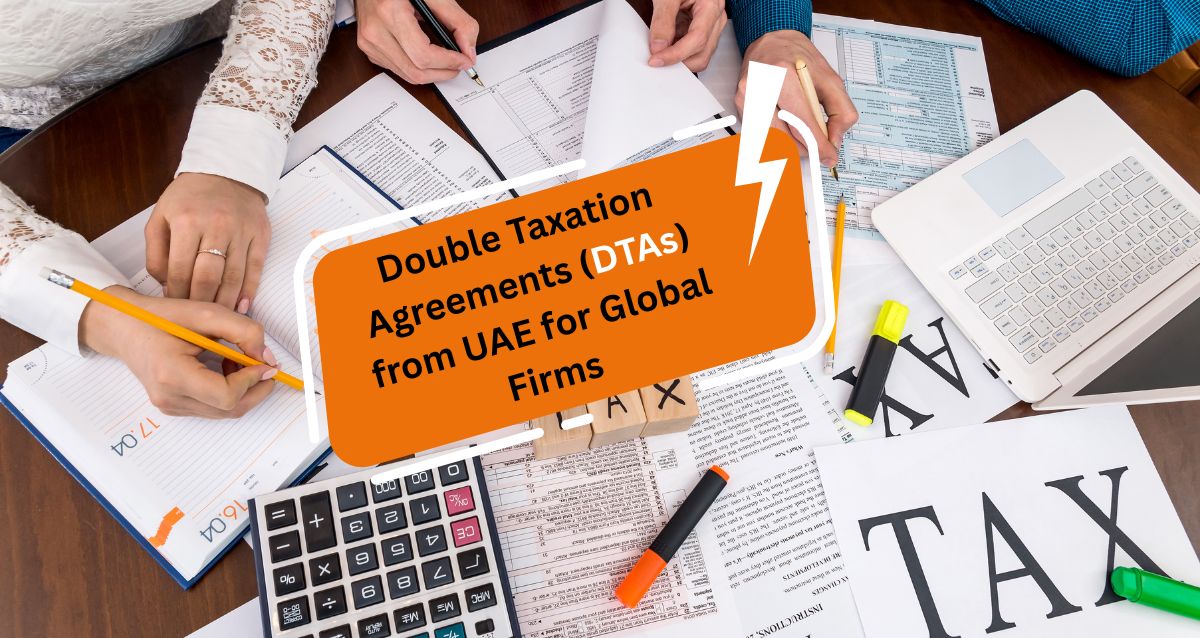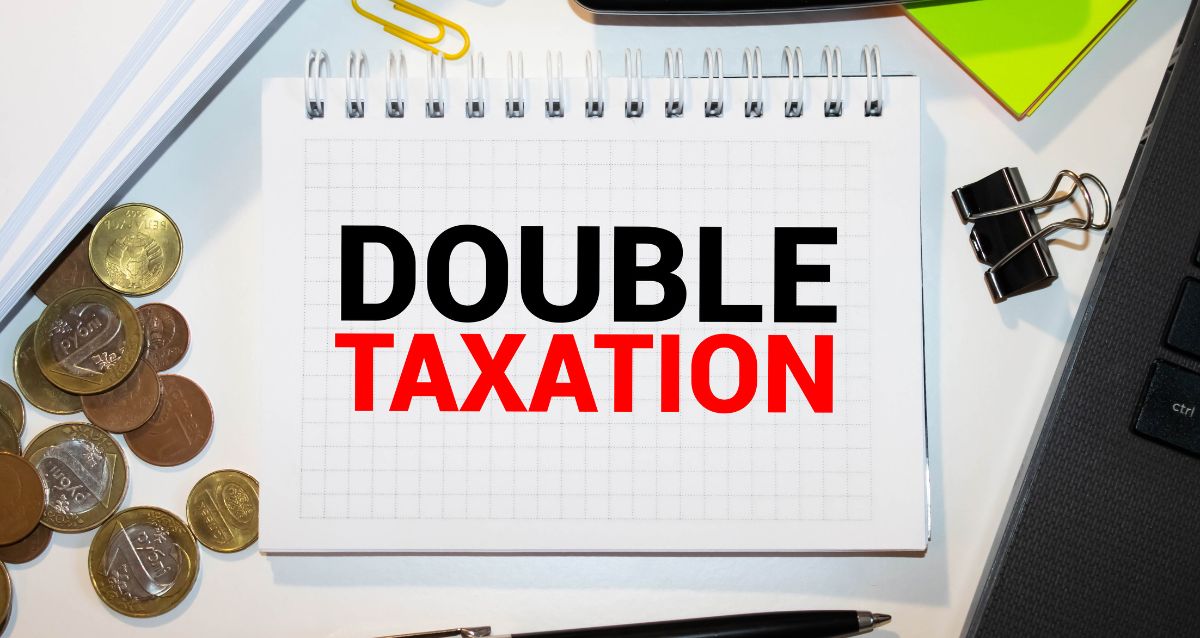Double Taxation Agreements (DTAs) from the UAE for Global Firms
Why UAE is the favourite spot for global business? There are many reasons which include a tax-friendly environment, geographical advantage, political stability, etc. Among all other considerations, the UAE's extensive network of Double Taxation Agreements (DTAs), with over 140 DTAs signed, is one of the major reasons for international businesses to choose the UAE as a hub for operations and as a safe place for consolidating the assets of the businesses. While some countries are facing challenges for cross-border transactions, the UAE has become the pivotal spot for Global Firms to enjoy the benefits of DTAs.
In this blog, let us understand how UAE-based businesses can leverage their Double Tax Agreements to minimise the global tax burdens, get benefits of withholding taxes from the source country and avoid double taxation.
What Are Double Taxation Agreements (DTAs)?
A Double Taxation Avoidance Agreement (DTAA) is a bilateral agreement between two countries to make sure that the same income is not taxed twice, first in the source country and later in the residence country. Double Taxation Agreement ensures certain tax rights to source country and gives credit in the residence country. Example: - If a UAE company owns property in the UK, the UK has the right to tax on the property income, while the UAE gives credit for the taxes paid in the UK while submitting the Corporate Tax Return in the UAE.

Most of the Double Taxation Agreements typically cover:
- Who has the right to tax on the income, the source country or the residence country?
- Relief of taxes paid in the foreign country, either through the exemption method or the credit method.
- Reduced Withholding tax rates on certain incomes like dividends, Interest, and Royalties.
- Establishing a dispute resolution mechanism
UAE's Global DTA Network: A Key Advantage
The UAE has signed DTAs with major economies, including:
- India, China, UK, France, Germany, Canada
- Most GCC and MENA countries
- Emerging markets in Asia, Africa, and Latin America
This makes the UAE a preferred jurisdiction for global holding and operating structures. This makes the UAE one of the preferred locations for international businesses to keep their headquarters and conduct operations in the UAE. Also read: click here
Benefits of DTAs for UAE-Based Companies
1. Credit or Exemption of Withholding Tax
Doubt Taxation Agreement covers withholding tax with a reduced rate for cross-border payments using either the reduction method or the elimination method.
- Dividends
- Interest
- Royalties
Example: While a UAE company receiving Dividends from a country where the UAE has signed a DTA might incur only 5% Withholding Tax instead of 15%-30% as per the domestic law, or even 0% withholding tax in some cases.
2. Avoidance of Double Taxation
If foreign tax is paid abroad, UAE companies may claim either;
- By Claiming Exemption under the UAE Corporate Tax Law. Example: - Foreign Permanent Establishment Exemption under Article 24 of the UAE Corporate Tax Law.
- Foreign Tax Credit under Article 47 of the UAE Corporate Tax Law if income is taxable in the UAE.
Learn more: " Foreign Offshore Companies are Taxed in the UAE Corporate Tax Regime "
3. Improved Tax Certainty
DTAs include tie-breaker rules to resolve dual residency issues and provide Mutual Agreement Procedures (MAP) for dispute resolution.
DTA handles dual tax residency using the tie-breaker rules and provides Mutual Agreement Procedures (MAP) for dispute resolution.
Common Use Cases
International Holding Structures
A UAE holding structure, which is a parent company, can receive dividends and capital gains from the sale of shares from its foreign subsidiary with minimal or no foreign Withholding Tax using the benefit clauses in the DTA.
EPC and Service Contracts Abroad
DTA explains when a UAE company establishes Permanent Establishment in a foreign country. Using DTA clauses, UAE companies can avoid foreign tax by avoiding the risk of foreign permanent establishment.
Management Fees and Technical Services
Treaties may reduce WHT on outbound service fees and royalties paid to UAE entities, enhancing profitability and cash flow.
Conditions for DTA Relief
To claim DTA benefits, UAE companies must ensure:
- Certificate from the Federal Tax Authority.
- The beneficial ownership is in the UAE.
- The business has the Place of Effective Management (PoEM) in the UAE and proves that the managerial decisions and actions take place in the UAE.
Related: "Tax Residency Certificate Tax Procedures Guide"
Documentation Required
To utilise treaty benefits, the foreign country may ask for:
- UAE Tax Residency Certificate
- Board resolutions or ownership documentation
- Substantial evidence (office space, staff, control, etc.)
The Ministry of Finance (MoF) issues the Tax Residency Certificate based on specific criteria, including license validity and financial records.
Final Thoughts
Global Tax saving is very much possible if businesses are unlocking the DTA benefits signed by the UAE. It will help them in reducing the risk exposure and improving the cash flow of multinational structures in the UAE. The businesses must document their business model and prove that they are economically present in the UAE while claiming the DTA benefits.
At Flying Colour Tax Consultant, we support clients with:
- Evaluating treaty benefits
- Obtaining Tax Residency Certificates
- Structuring entities to optimise tax under UAE DTAs
To learn more about Navigating Double Taxation Agreements (DTAs) from UAE for Global Firms, book a free consultation with one of the Flyingcolour team advisors.
Disclaimer: The information provided in this blog is based on our understanding of current tax laws and regulations. It is intended for general informational purposes only and does not constitute professional tax advice, consultation, or representation. The author and publisher are not responsible for any errors or omissions, or for any actions taken based on the information contained in this blog.



